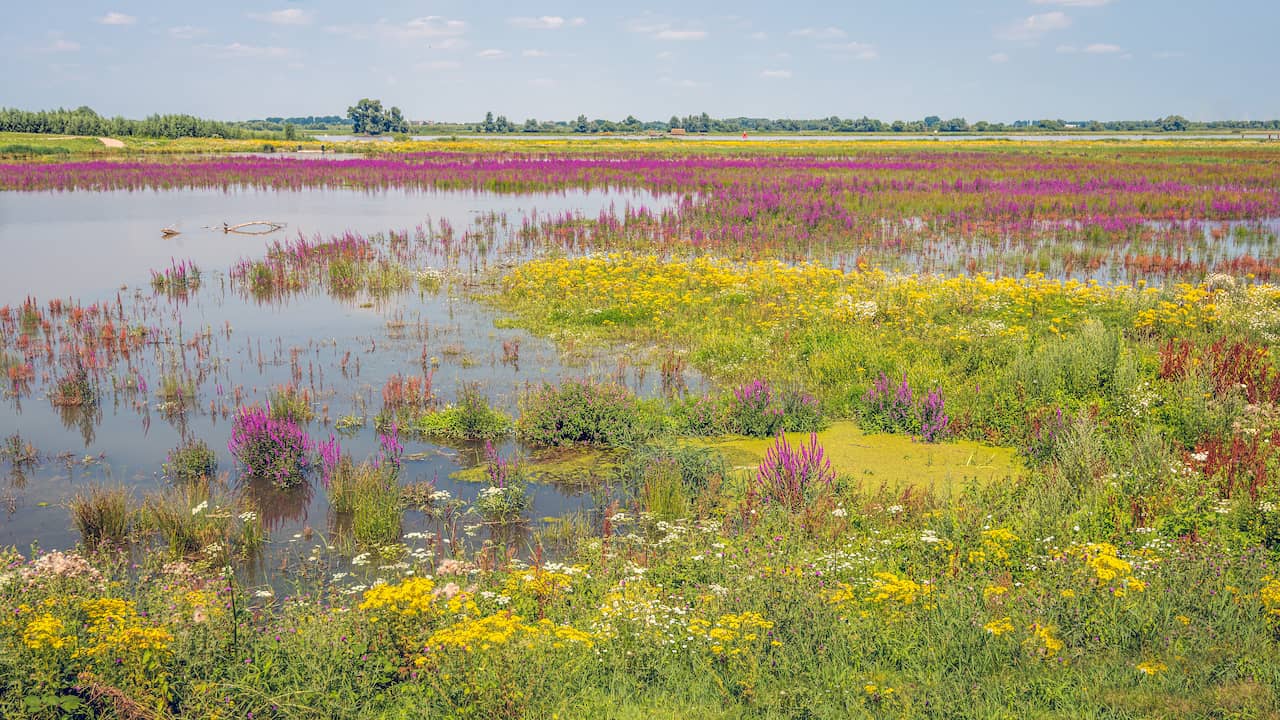Preserve biodiversity and fight climate change: international goals to achieve this goal are not being met. This was reported by the Dutch Environmental Assessment Agency (PBL) on Wednesday. That is why a different climate policy is needed around the world.
The loss of nature must be halted worldwide by 2030 and even fully reversed by 2050. This is the view outlined in the report. This requires not only addressing the causes of biodiversity loss, but also large-scale nature restoration projects.
For that to happen, governments around the world must continue to work with cities, counties and businesses. This is already happening, but according to the PBL, a “wave of joint action” is needed to achieve the goals.
The report mentions several measures by which the goals can be achieved. One of the most important is to change our diet.
The consumption of meat and dairy products indirectly leads to CO2 emissions and is therefore one of the causes of climate change. And the high demand for animal feed is the main cause of deforestation, as a result of which much biodiversity is lost, especially in tropical forests. Additionally, the Planning Bureau recommends wasting less food around the world.
Companies need to think about how they can invest in the sustainable supply of food, energy and materials. For example, they must ensure that the entire chain (production, packaging, transport) does not come at the expense of forests.
But the responsibility doesn’t just fall on the companies themselves, according to the PBL. The government must provide financial support to businesses with a sustainable policy. And organizations that benefit from climate damage and biodiversity loss need to be properly addressed by government.
The planning office also says many cities around the world are too focused on growth. For example, they use the land in a way that threatens biodiversity.


